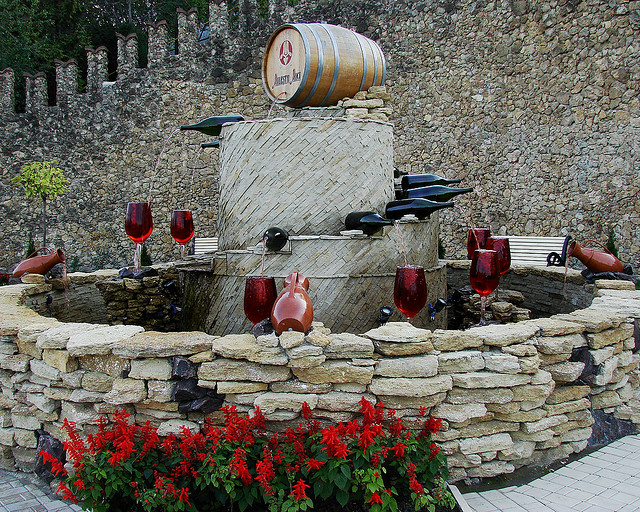FWP:
SETS == MULTIVALENT WORDS ( sahī ); PARALLELISM
WINE: {49,1}
ROAD: {10,12}
ABOUT EXPRESSIONS WITH sahī : The colloquial expression hī sahī has a vigor and fluency that's hard to capture in translation; for discussion of this form, and examples, see {148,1}. Examples of its negated form nah sahī ('so what if not', or 'if not indeed'): {36,9}; {114,4}; {148,7}, the whole of {175}, and {228,9}. Ghalib himself adds to sahī to the list: {148,10} (and see the definition above). There is also sahī alone, which has a more simply concessive sense ('so be it'; 'no doubt'; 'indeed', 'even so'), without such an emotional charge; examples include {19,5}; {66,8}; {98,8}; {115,4}; {115,8}; {157,6}; {205,6}; {209,3}; {215,2}; {216,1}; {231,8} // {413x}, aur sahī ; {414x}, hai to sahī .
ABOUT jādah : This word, with a basic meaning of 'path' (see the definition above), seems to
be part of Ghalib's regular tool-kit of highly abstract imagery. He usually combines jādah with some other word for road or highway. This is the
first example we've seen, but there are a number of others. They include:
{10,12}; {18,2};
{33,1}; {41,10x}; {65,2x}; {67,4x}; {74,1}; {84,4x}; {92,2};
{92,3}; {117,4x}; {123,11}; {123,14x}; {145,16x}; {190,5}; {213,3x}; {223,1} // {237x,2}; {269x,1}; {269x,5}; {286x,2}; {335x,1}; {335x,5}.
If the breath is not to be an austere, linear Sufi path to a pious destination, then the heart should be a passage, a highway full of back-and-forth traffic, for thoughts of wine and wineglass. There's a kind of metaphysical defiance: if we can't get what we want in the piety line, then let's turn our attention to a more promising domain. After all, as the speaker points out in {22,2}, he's the kind of person who would turn back from the door of the Ka'bah itself if it didn't open. Faruqi also rightly singles out {51,4} as a parallel.
In a characteristic bit of ghazal inversion, the first line is the 'then' clause, the second line the 'if' clause, so that the meaning remains opaque until the very end of the verse.
The quasi-parallelism of the two lines is part of the thought-provokingness too. If the breath is not a path, then let the heart be a roadway. One is thus led to ask how the 'destination of piety' is parallel to the 'thought of wine and wineglass'. Could they be as similar and closely linked as breath and heart, path and roadway?
Note for fans of spelling technicalities: On the pronunciation of taqvâ , see the discussion of ʿīsâ in the similarly-manipulated {9,7}. If you find the word nafas confusing, see {15,6}.

Nazm:
The poet means that if you haven't attained piety, then have rakishness at least. (9-10)
== Nazm page 9; Nazm p. 10